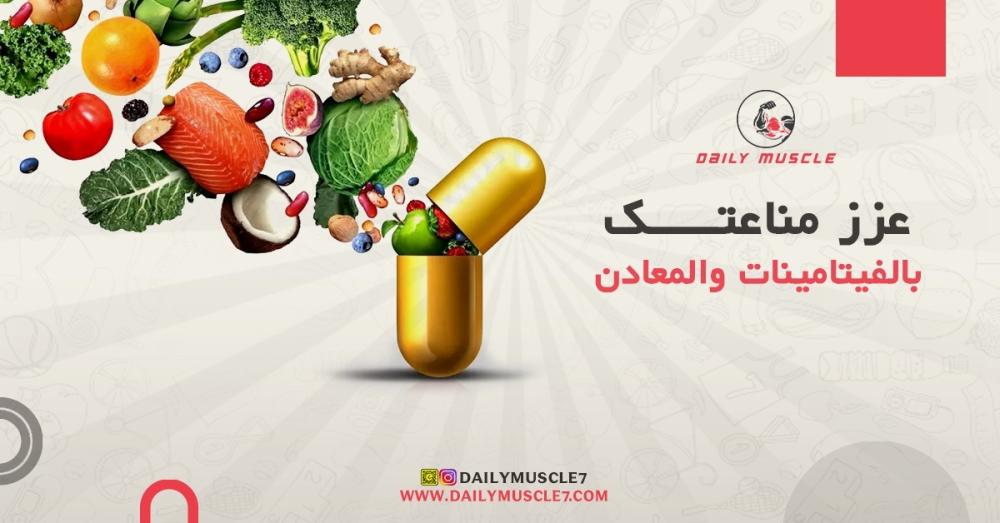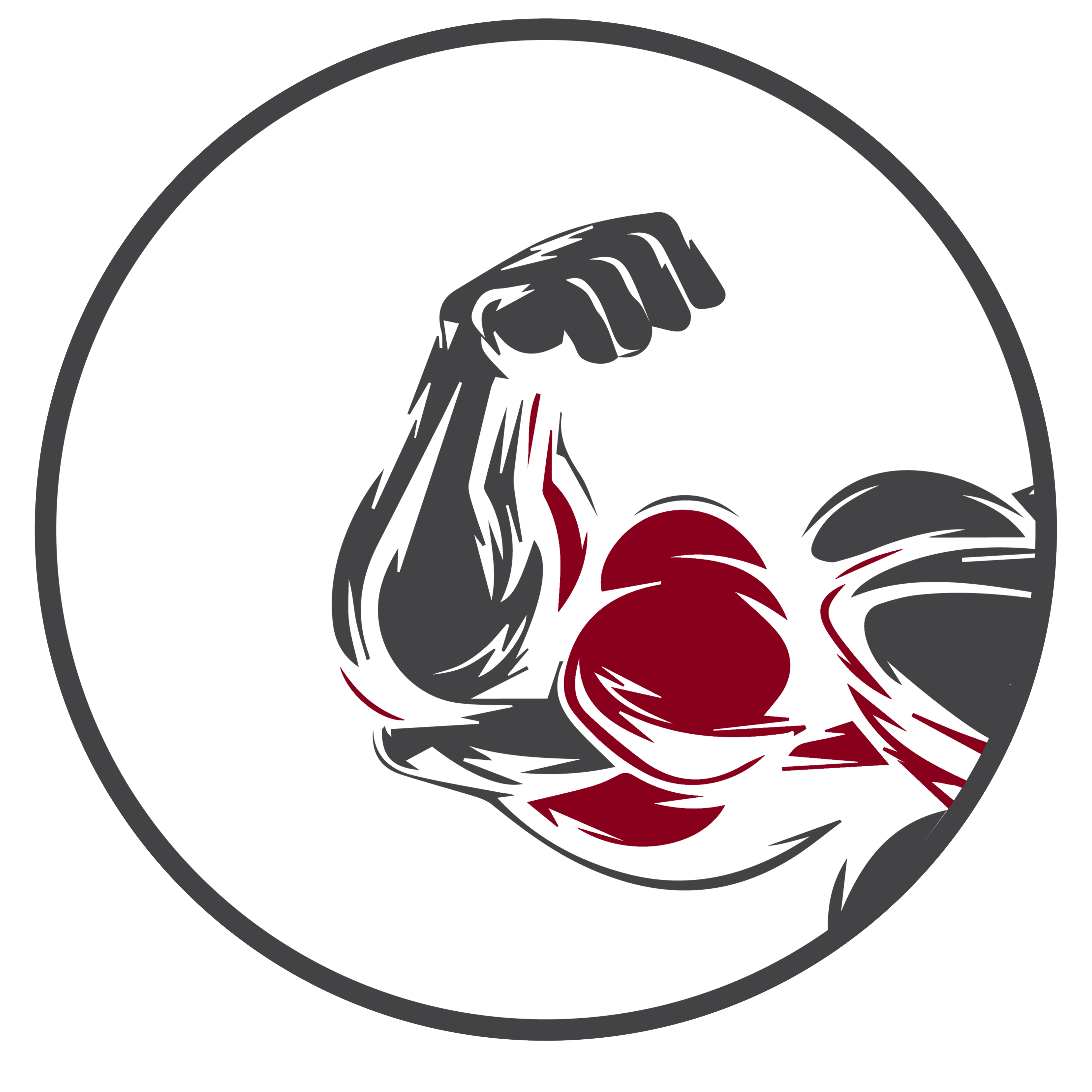
Boosting immunity is one of the most important factors in maintaining the body’s health and resisting diseases. The immune system plays a vital role in defending the body against infections and viruses. In the face of changing environmental conditions and increasing psychological stress, maintaining a strong immune system becomes crucial. There are many natural ways to support and enhance immunity, including taking supplements that provide essential vitamins and minerals to improve the immune system's efficiency.
Nutritional Supplements to Boost Immunity:
1. Vitamin C
Vitamin C is one of the most well-known supplements for boosting immunity. This powerful antioxidant helps stimulate the production of white blood cells, which fight infections. Additionally, Vitamin C improves the absorption of iron from plant-based foods, helping the body resist diseases.
Foods rich in Vitamin C: Oranges, strawberries, kiwi, red bell peppers.
Recommended daily dose: 65-90 mg for adults; supplements can be taken to reach the ideal dose.
2. Vitamin D
Vitamin D plays an important role in strengthening the immune system. It helps regulate immune responses and body inflammation. Studies have shown that a deficiency in Vitamin D is linked to an increased risk of respiratory infections.
Sources of Vitamin D: Sunlight exposure, fatty fish (such as salmon), eggs, and Vitamin D supplements.
Recommended daily dose: 600-800 IU daily for adults, with higher doses recommended in cases of deficiency.
3. Zinc
Zinc is an essential mineral that plays a vital role in boosting immunity. It helps in the development and activation of white blood cells, which are the body's first line of defense against infections. Taking zinc supplements can reduce the duration and severity of cold symptoms.
Foods rich in zinc: Meat, seeds, nuts, beans.
Recommended daily dose: 8-11 mg daily for adults.
4. Vitamin E
Vitamin E is a powerful antioxidant that protects cells from damage caused by free radicals. It enhances the immune system's functions, particularly in boosting the response against infections.
Foods rich in Vitamin E: Almonds, sunflower seeds, spinach.
Recommended daily dose: 15 mg daily for adults.
5. Probiotics
Probiotics are supplements that contain beneficial bacteria to promote gut health. Gut health is closely linked to improved immune function, as the intestines play a large part in the body’s immune defense system. Taking probiotics can reduce the risk of intestinal and respiratory infections.
Natural sources of probiotics: Yogurt, kefir, sauerkraut.
Recommended daily dose: Depends on the product and targeted health issue, so follow the recommended dosage for each supplement.
6. Omega-3 Fatty Acids
Omega-3 fatty acids play an important role in boosting immunity by reducing inflammation, which can weaken the immune system. These acids help regulate immune responses and improve heart health, which enhances the body’s overall ability to resist diseases.
Sources of Omega-3: Fatty fish like salmon and tuna, nuts, chia seeds.
Recommended daily dose: 250-500 mg daily of DHA and EPA.
7. Herbal Supplements: Echinacea
Echinacea is a plant traditionally used to enhance the immune system and fight colds. It contains compounds that activate white blood cells, helping to fight infections, and it is believed to reduce the duration and severity of cold symptoms.
Recommended daily dose: Varies by product, but it is recommended to take at the onset of symptoms for best results.
8. Vitamin B6
Vitamin B6 helps support the biochemical reactions in the immune system. It promotes the production of immune cells and prevents inflammation. Taking it as a supplement can improve immune health, especially in people at risk of deficiency, such as the elderly.
Sources of Vitamin B6: Chicken, fish, potatoes, chickpeas.
Recommended daily dose: 1.3-2 mg daily.
Tips for Using Supplements to Boost Immunity:
1. Balance and variety in supplements: It’s important not to rely on just one supplement. You should diversify your supplements according to your nutritional needs and any deficiencies in your body.
2. Stick to daily doses: Avoid overconsumption of supplements, as high doses of some elements like zinc may cause negative side effects.
3. Focus on your diet: Supplements are not a substitute for a balanced diet. They should complement a diet rich in essential nutrients.
4. Consult a doctor: Before starting any supplement, it is best to consult a doctor, especially if you have certain health conditions or are taking medications.
In Conclusion, nutritional supplements are an effective way to support and enhance the immune system, especially when the body needs extra support to fight infections and diseases. Vitamin C, Vitamin D, zinc, probiotics, and Omega-3 fatty acids are among the most effective supplements for boosting immunity. However, supplements should always be taken in a balanced manner and according to individual needs.

